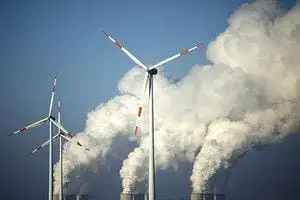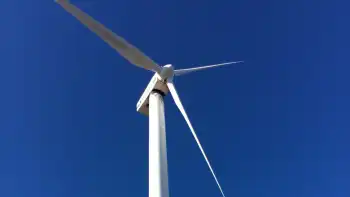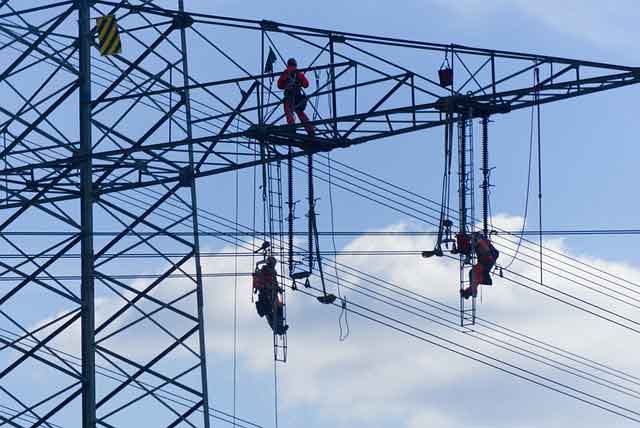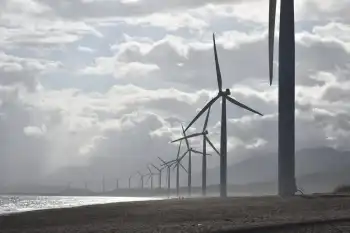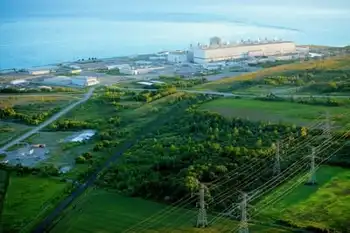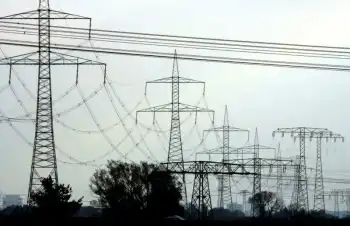New coal plants without CO2 controls may be blocked
By Canadian Business Online
CSA Z463 Electrical Maintenance -
Our customized live online or in‑person group training can be delivered to your staff at your location.

- Live Online
- 6 hours Instructor-led
- Group Training Available
Around half of the country's power is generated from coal-fired stations. But investment in coal power plants is waning in the face of potential federal regulation of greenhouse gas emissions.
Many industry analysts warn of a looming electricity shortage and a spike in natural gas prices as electric utilities move to more gas-fired generation in anticipation of climate change laws. Passing a bill limiting construction of new coal-fired plants could exacerbate that forecast, they say.
Representatives Ed Markey, D-Mass., chairman of the Select Committee on Energy Independence and Global Warming, and Henry Waxman, D-Calif., chairman of the Oversight and Government Reform panel said their bill would put a moratorium on new coal plants without state-of-the-art emission control technology.
In the Senate, key Democrats such as John Kerry, D-Mass., have also said they would push a ban on new coal-fired power plants, though many coal-state politicians, such as Max Baucus, D-Mont., say coal-generation is an essential part of the country's energy future.
Congress is considering laws that would implement a steadily strengthening cap on greenhouse gas emissions and allow companies to buy and sell emission credits in the market, depending on whether they are above or below their pollution limits.
Although many new coal-plant projects have been canceled in the face of such legislation, some are still moving ahead.
Waxman said in a statement that building new, uncontrolled coal-fired power plants today is "senseless — locking in decades of additional global warming emissions and requiring greater emissions reductions across the U.S. economy to compensate."
"If we lose control of coal, we will have lost control of the climate," said Markey.
The bill places a moratorium on either the U.S. Environmental Protection Agency or states issuing permits to new coal-fired power plants without state-of-the-art control technology to capture and permanently sequester the plant's carbon dioxide emissions. The moratorium extends until a comprehensive federal regulatory program for global warming pollution is in place.
The bill also bars a new coal-fired power plant without state-of-the-art control technology from receiving any free or reduced cost emissions allowances under a future federal program to address global warming.
Industry experts say that although technology exists to capture and store the greenhouse gas carbon dioxide, it has not been proven on a commercial scale, and would likely double the cost of new power plants.
Dan Riedinger, spokesman for the utility industry organization the Edison Electric Institute, said if the bill was enacted, it would put enormous strain on already tight natural gas supplies. Natural gas futures reached a two-year high Monday, settling at over $10 a million British Thermal Units.
"No one is more sensitive to the future of greenhouse gas regulations and the challenges of addressing CO2 than utility CEOs," Riedinger said.
"But that said, we are obligated to meet demand for electricity, which is projected to increase about 40 percent by 2030, and a moratorium on any type of generation including coal is short sighted and certainly not in the interest of our customers," he added.
Over the past couple of decades, most of the country's new generation has relied on mainly natural gas-fired power plants and continuing that trend would leave customers large and small exposed to higher energy prices, tighter gas supplies and certainly a great deal of volatility in energy markets, analysts say.
"There's no question we need to have a means to capturing and storing carbon from coal-fired power plants, but a short term moratorium is not the way to get there," Riedinger said.





